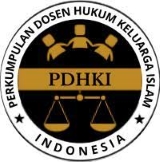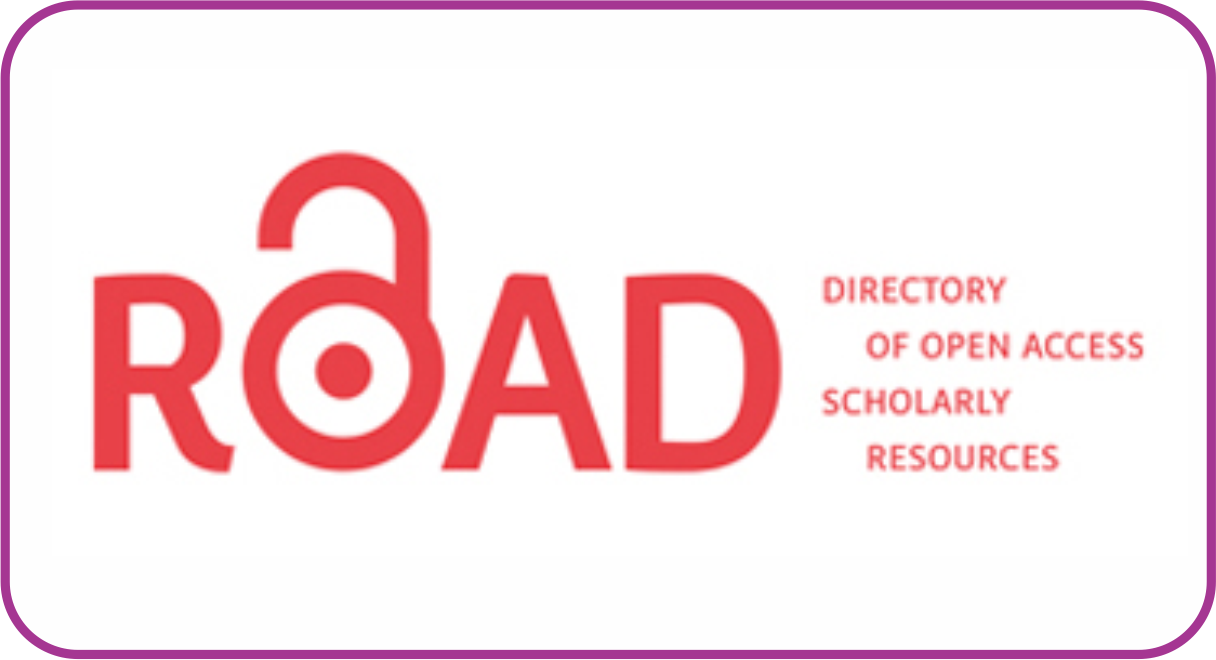PERLINDUNGAN HUKUM PEMANFAATAN SYSTEM ARTIFICIAL INTELLIGENCE BERDASARKAN UNDANG-UNDANG NOMOR 28 TAHUN 2014
Abstract
Artificial Intelligence (AI) with its increasingly complex development currently seems to increase complications, especially when it comes to violations of the law, especially regarding copyright of works created by AI systems or. So that the clarity of the legal responsibility for problems or conflicts that then arise needs to be clarified in the eyes of the law. This study is a qualitative study with a normative legal approach, and the data analysis method used is qualitative juridical. The results of the study show that based on the laws and regulations in Indonesia, namely Law No. 28 of 2014 concerning Copyright and Law No. 12 of 2016 concerning Patents, it states that creators and copyright holders as well as inventors and patent holders are one or several people, meaning that those who have the right to hold copyright and patent rights are humans as legal subjects (persons or legal entities). Then because AI is a system, AI is not included in the legal subject but AI is a human-made product and functions as a tool to create a work. However, formulating clear and fair policies and regulations regarding civil rights and legal responsibility for the results of AI creations needs to be done by the government. Legal certainty in this case will encourage the development of responsible AI technology and provide adequate protection for all parties involved. Then AI is known as an electronic system and electronic agent that operates based on human commands. Therefore, if an unlawful act or action occurs, then the legal responsibility is borne by the creator and user of AI who gives the commands and parameters.
Keywords
Full Text:
PDFReferences
Efendi, Jonaedi, and Prasetijo Rijadi. Metode Penelitian Hukum Normatif Dan Empiris. Jakarta: Prenada Media, 2022.
Fauzy, Elvian. “Rekonseptualisasi Perlindungan Hukum Atas Hak Cipta Terhadap Artificial Intelligence Di Indonesia,” 2023.
Hallevy, Gabriel. “The Criminal Liability of Artificial Intelligence Entities - from Science Fiction to Legal Social Control.” Akron Intellectual Property Journal 4, no. 1 (2010): 171–201.
Kemenparekraf. “Siaran Pers : Pengambil Kebijakan Dan Pelaku Eknomi Kreatif Didorong Antisipasi Cepatnya Perkembangan Artificial Intelligence,” n.d. https://pedulicovid19.kemenparekraf.go.id/siaran-pers-pengambil-kebijakan-dan-pelaku-ekonomi%02kreatif-didorong-antisipasi-cepatnya-perkembangan-artificial-intelligence/.
Lubis, M Sobron Yamin. “Implementasi Artificial Intelligence Pada System Manufaktur Terpadu.” Prosiding Seminar Nasional Teknik USU, 2021, 1–7.
Nomor, Undang-undang, Tahun Tentang, Hak Cipta, and Muhammad Raihan Nugraha. “Pengaturan Hukum Terhadap Karya Seni Rupa Hasil Dari Sistem Intelegensi Artifisial Penghasil Gambar ( Ai Generated Image ) Ditinjau.” Bandung Conference Series: Law Studies 4, no. 1 (2014): 482–87.
Pemerintah Republik Indonesia. Undang-Undang Nomor 13 tahun 2016 Tentang Paten (2016).
Putranti, Deslaely, and Kurnia Dewi Anggraeny. “Tanggung Jawab Hukum Inventor Atas Invensi Kecerdasan Buatan (Artificial Intelligence) Di Indonesia.” Jurnal Hukum & Pembangunan 52, no. 3 (2022): 781–92. https://doi.org/10.21143/jhp.vol52.no3.3375.
Rizki, Mohchammad Januar. “Menyoal Perlindungan Hak Cipta Dalam Pemanfaatan Artificial Intelligence,” n.d. https://www.hukumonline.com/berita/a/menyoal%02perlindungan-hak-cipta-dalam-pemanfaatan-artificial-intelligence-lt5efd7b7e3097a.
Rusli, Tami. Sistem Badan Hukum Indonesia. Bandar Lampung: CV. Anugrah Utama Raharja (AURA), 2017.
Santoso, Joseph Teguh. Kecerdasan Buatan (Artificial Intelligence). Semarang: yayasan Prima Agus Teknik, 2011.
Shoim, Muhammad. Pengantar Hukum Perdata Di Indonesia. Semarang: CV. Rafi Sarana Perkasa, 2022.
Sumadi, Mufti Istal Thofa Bhakti Nurroji, Raka Putra, and Amrie Firmansyah. “Peran Perkembangan Teknologi Pada Profesi Akuntan Dalam Menghadapi Industri 4.0 Dan Society 5.0.” Journal of Law, Administrastion and Social Science 2, no. 1 (2022): 56–68.
Suparji. Transformasi Badan Hukum Di Indonesia. Jakarta: UAI Press, 2015.
Syahrun, Muhammad. Pengantar Metodologi Penelitian Hukum:Kajian Penelitian Normatif, Empiris, Penulisan Proposal, Laporan Skripsi Dan Tesis. Jakarta: CV.DOTPLUS Publisher, 2022.
Zebua, Rony Sandra Yofa, Khairunnisa, Hartatik, Pariyadi, Dessy Putri Wahyuningtyas, Ahmad M Thantawi, I Gede Iwan Sudipa, et al. Fenomena Artificial Intelleigence. Jambi: Sonpedia Publishing Indonesia, 2023.
Zein, Afrizal. “Kecerdasan Buatan Dalam Hal Otomatisasi Layanan.” Jurnal Ilmu Komputer JIK 4, no. 2 (2021): 18. https://jurnal.pranataindonesia.ac.id/index.php/jik/article/download/96/49.
DOI: https://doi.org/10.24952/almaqasid.v10i1.11166
Refbacks
- There are currently no refbacks.
Copyright (c) 2024 Jurnal AL-MAQASID: Jurnal Ilmu Kesyariahan dan Keperdataan

This work is licensed under a Creative Commons Attribution-ShareAlike 4.0 International License.



2.gif)


















